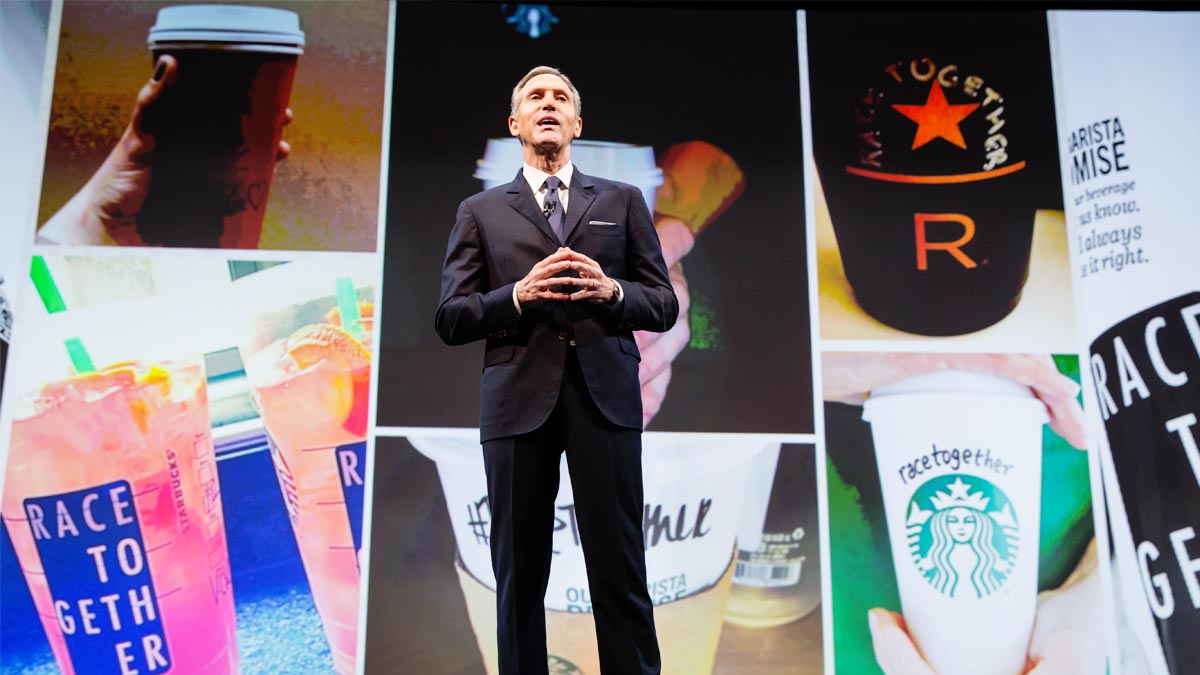Tag Archive for: ethics
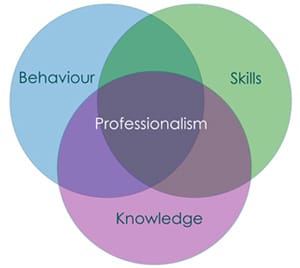
Professionalism and Ethics: A missed connection?
Blog What does professionalism mean to you? Often, people who identify as a professional think of themselves not only as knowledgeable in their discipline, but also rational, objective and serving a higher purpose (e.g., the client’s needs). These are laudable goals, but new research shows that these characteristics could actually lead to people making self-interested, and ultimately unethical or damaging, decisions.
What does professionalism mean to you? Often, people who identify as a professional think of themselves not only as knowledgeable in their discipline, but also rational, objective and serving a higher purpose (e.g., the client’s needs). These are laudable goals, but new research shows that these characteristics could actually lead to people making self-interested, and ultimately unethical or damaging, decisions.
In a paper on Professionalism and Moral Behavior, Maryam Kouchaki of the Kellogg School of Management at Northwestern University, tests the hypothesis that an emphasis on one's professional identity has a greater likelihood of an individual engaging in unethical behavior. This is an important inquiry in light of ethical failures in companies where lawyers and accountants often act as “gatekeepers” on ethics and compliance issues vis a vis corporate practices. Based on evidence from her lab studies and employee surveys, Kouchaki concludes that priming professionalism may actually lead to increased misbehavior.
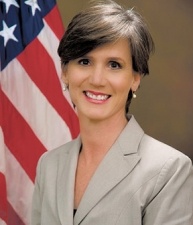
Did You Get the Memo? Confronting Corporate Wrongdoing
Blog After the financial crisis of 2008 and the current, ongoing instances of large fines levied against banks and other financial companies, many people continually bemoan why penalties have not also included jail time and prosecution of executives who have behaved unethically. The message has finally reached the highest levels of government and change is on the horizon.
After the financial crisis of 2008 and the current, ongoing instances of large fines levied against banks and other financial companies, many people continually bemoan why penalties have not also included jail time and prosecution of executives who have behaved unethically. The message has finally reached the highest levels of government and change is on the horizon.
In a speech at NYU Law last week, hosted by the school's Program on Corporate Compliance and Enforcement, Deputy Attorney General Sally Quillian Yates presented the memo covering a new Department of Justice initiative designed to fight corporate fraud and other misconduct by going after individuals who perpetrated the wrongdoing. In addition to punitive actions against an organization (what many see as a macro-level punishment that does little to deter misconduct on the micro, or personal, level), the DOJ will now turn its considerable resources to affecting change at the source, i.e. those that engage in personal malfeasance under the guise of doing their job.
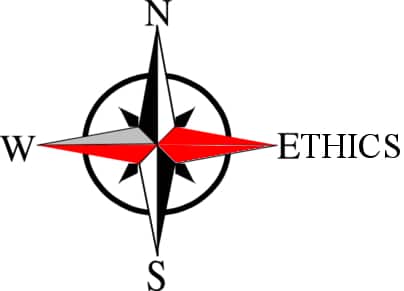
My First Week: Azish Filabi and Ethical Systems
Blog I begin this week in my role as CEO of Ethical Systems. Joining this fantastic team and meeting colleagues in NYU Stern's Business and Society Program strengthens my belief that ethics and business can operate hand-in-hand to create lasting value in society.
I begin this week in my role as CEO of Ethical Systems. Joining this fantastic team and meeting colleagues in NYU Stern's Business and Society Program strengthens my belief that ethics and business can operate hand-in-hand to create lasting value in society.

Navigating the Amazon: Workplace Culture and Ethics
Blog While talk in August can normally drift to Labor Day vacation plans and how to brew the perfect pitcher of iced tea, a different sort of discussion began to surface in offices (and backyards) across America: that of workplace culture and the different extremes that workers at Amazon report as the norm.
While talk in August can normally drift to Labor Day vacation plans and how to brew the perfect pitcher of iced tea, a different sort of discussion began to surface in offices (and backyards) across America: that of workplace culture and the different extremes that workers at Amazon report as the norm.
The New York Times article that started it all, "Wrestling Big Ideas in a Grueling Workplace," provided an eye-opening look into the management practices, feedback loops and performance measurement metrics at Amazon, eliciting both accolades and acrimony from current and former employees. After much debate, the dust settled at a realization that the intensity is both a blessing and a curse and tailored for only certain kinds of personalities. An overarching theme was that burnout is common and, to a certain extent, expected.
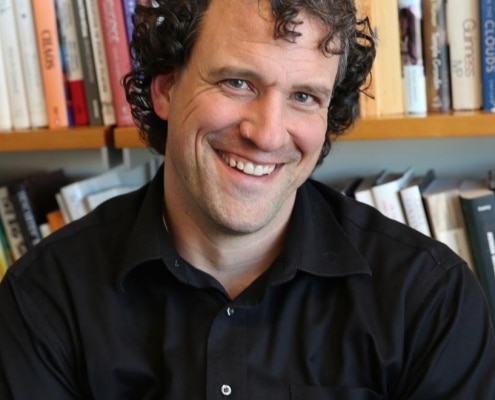
Featured Collaborator for September: Nick Epley
Blog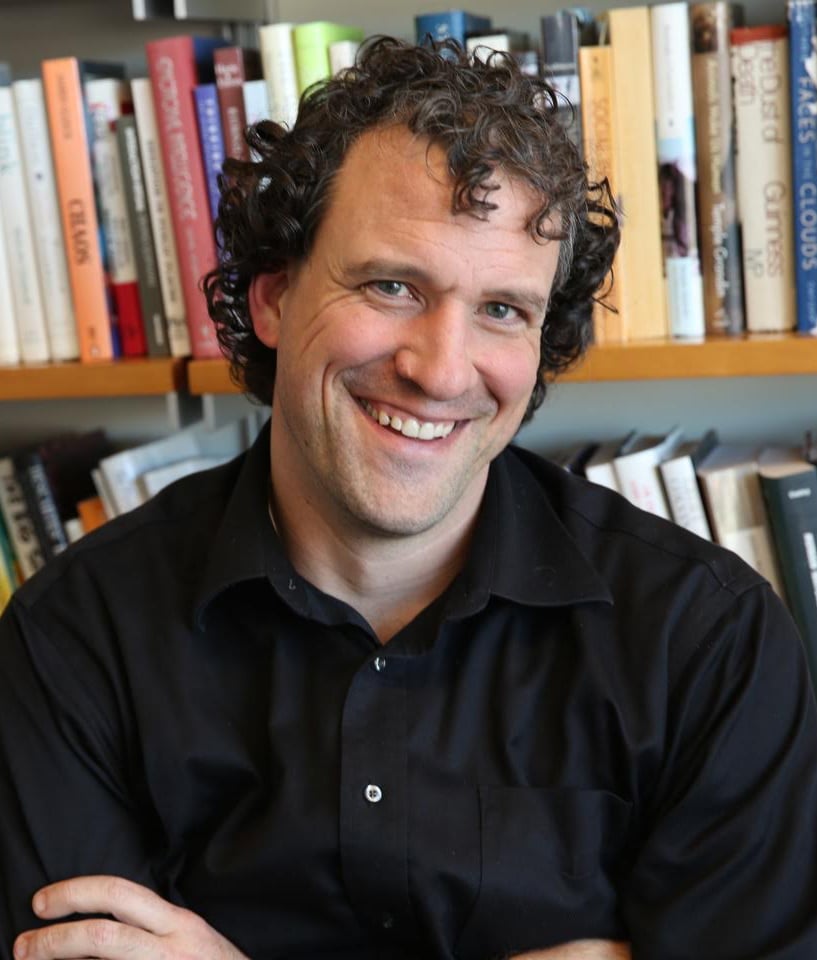 Interview with Nick Epley, author of "Mindwise: How We Understand What Others Think, Believe, Feel, and Want" and professor of behavioral science at the University of Chicago's Booth School of Business
Interview with Nick Epley, author of "Mindwise: How We Understand What Others Think, Believe, Feel, and Want" and professor of behavioral science at the University of Chicago's Booth School of Business
I study mind reading. Not the nonsensical, spooky or supernatural versions of it, but rather the very natural and intuitive version of it that we do whenever we make an inference about another person’s mind. We do this arguably every social interaction we have when we wonder what someone else is thinking, believing, feeling, or wanting. This is hard to do accurately because another person’s mind is inherently invisible.
You can’t see another person’s thought, hold a want, or poke a feeling. As a result, our inferences about the minds of others are far less than perfect, and we are consistently less accurate than we think we are. I’m most interested in understanding these gaps between our inferences about each other and reality. The mistakes we make are a common source of unnecessary conflict in everyday life.
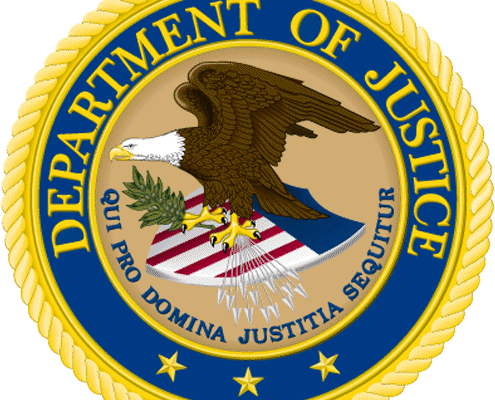
A Dream Remit For the New DOJ Compliance Counsel
Blog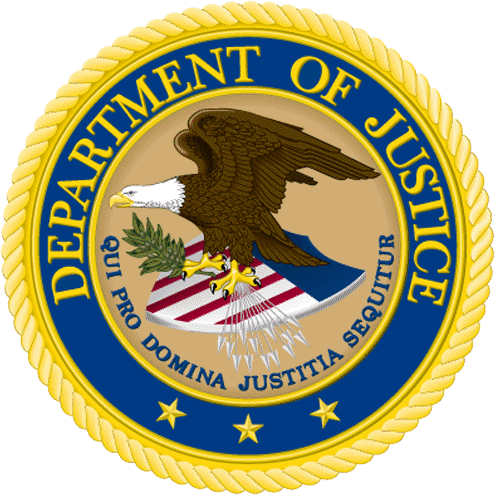 Designing ethical systems is about having the right policies and programs in place- as well as the right people. Recently, the Department of Justice took a needed step forward by retaining a new full-time expert in compliance programs for their prosecution team. ES collaborator Jeffrey Kaplan, of Kaplan & Walker, LLP explains in a new Conflicts of Interest blog entry, cross posted below, how the new hire will allow the government to advance not only their understanding of how to strengthen and evaluate organizational compliance programs, but how the DOJ can leverage this position to put forth an agenda that highlights positive actions in the field.
Designing ethical systems is about having the right policies and programs in place- as well as the right people. Recently, the Department of Justice took a needed step forward by retaining a new full-time expert in compliance programs for their prosecution team. ES collaborator Jeffrey Kaplan, of Kaplan & Walker, LLP explains in a new Conflicts of Interest blog entry, cross posted below, how the new hire will allow the government to advance not only their understanding of how to strengthen and evaluate organizational compliance programs, but how the DOJ can leverage this position to put forth an agenda that highlights positive actions in the field.
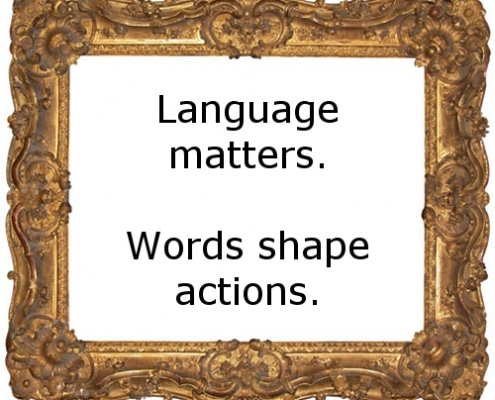
Framing the Language of Business
Blog Framing is not just how you present a painting. Framing helps to communicate the type of art, it complements subject matter, and it influences how the viewer perceives the image. Framing also matters when it comes to business, and the language we use can deeply affect both the rules we follow and those we are willing to break.
Framing is not just how you present a painting. Framing helps to communicate the type of art, it complements subject matter, and it influences how the viewer perceives the image. Framing also matters when it comes to business, and the language we use can deeply affect both the rules we follow and those we are willing to break.
While business has its own lexicon, a new piece in Ethisphere by Scott Killingsworth, Senior Counsel with Bryan Cave LLP in Atlanta, illustrates that when we couch the business of business in terms of war and gamification, we prime the pump for pernicious results.

Why CEO Activism Could Change the World of Public Companies
Blog
Interested in an Ethical Culture? Build an Ombuds Program
BlogGuest post by John W. Zinsser, Pacifica Human Communications, LLC.
 There is a mechanism for employees of all levels to safely (without fear of retaliation) raise any concern or ask a needed question — an organizational ombuds program.
There is a mechanism for employees of all levels to safely (without fear of retaliation) raise any concern or ask a needed question — an organizational ombuds program.
Properly constructed and executed organizational ombuds programs provide those who access the function a place to:
- Consider possible solutions;
- Navigate the complexity of today’s organizations;
- Sound out an idea; and
- Build a plan of action to address a situation.
As a result of being involved in these activities, the ombuds program is positioned to raise leadership’s awareness and understanding of key issues the organization faces.
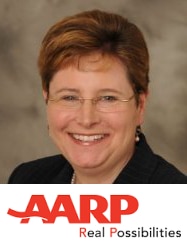
Ethics and Compliance Trends: Interview with Ellen Hunt of AARP
Blog Part of the mission of Ethical Systems is to enhance the work of practitioners and experts in the ethics and compliance field, as they are on the front lines of helping businesses transform their cultures and their employees act more ethically.
Part of the mission of Ethical Systems is to enhance the work of practitioners and experts in the ethics and compliance field, as they are on the front lines of helping businesses transform their cultures and their employees act more ethically.
In a recent interview with Ellen Hunt, Ethics & Compliance Program Director at AARP, she outlined current trends in the Ethics & Compliance (E&C) field as well as the most important steps businesses can take to encourage ethical behavior among organizations of all types and sizes. AARP is a nonprofit, nonpartisan organization, with a membership of nearly 38 million.

